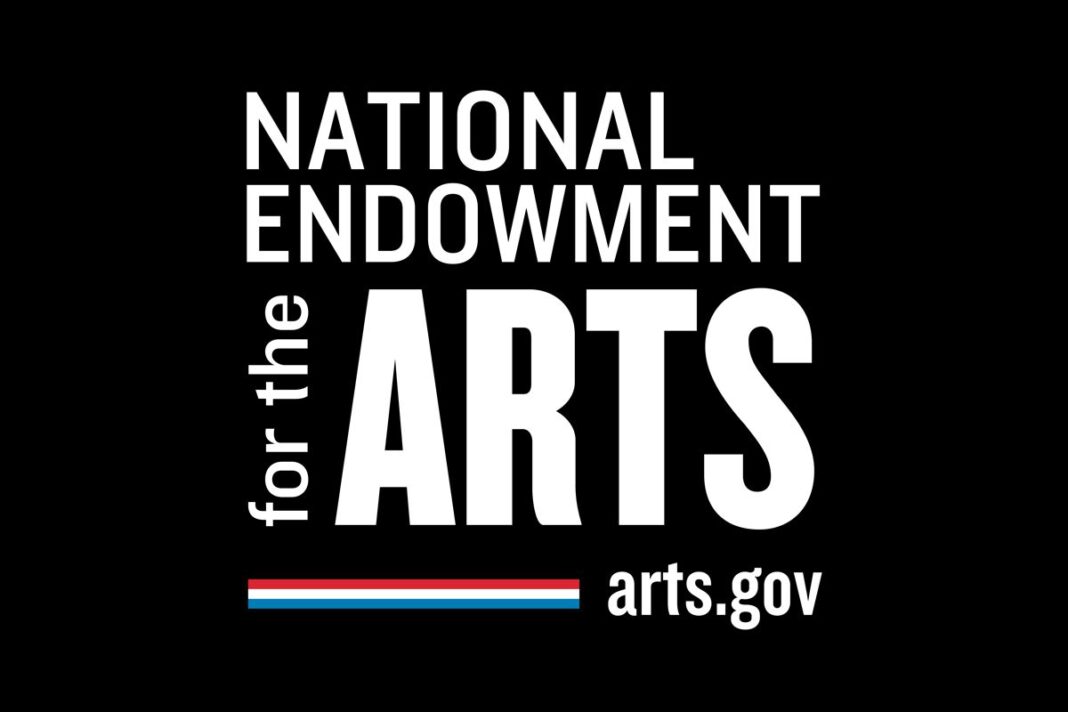‘Granting a preliminary injunction in these circumstances would impose significant hardship on the NEA,’ the judge said.
A federal judge on Thursday denied a motion to stop the National Endowment for the Arts (NEA) from blocking funds for art projects that promote “gender ideology,” because the agency is no longer implementing the certification requirement.
U.S. District Judge William Smith in Providence, Rhode Island, denied a motion filed by several arts and theater groups seeking a preliminary injunction.
The groups—Rhode Island Latino Arts, the National Queer Theater, the Theater Offensive, and the Theatre Communications Group—represented by the American Civil Liberties Union, sued last month, saying the move violated the First Amendment, the Administrative Procedure Act and the Fifth Amendment.
“[T]he NEA implemented the Gender Ideology [Executive Order] by requiring all grant applicants to certify their understanding that ‘federal funds shall not be used to promote gender ideology,’ pursuant to the EO,” the lawsuit stated. “It also makes applications for projects that appear to ‘promote’ what the government deems ‘gender ideology’ ineligible for funding.”
Smith acknowledged in his April 3 ruling that the plaintiffs “demonstrated a likelihood of success” on the merits of their APA and First Amendment claims and that they would “suffer irreparable harm” if the ban on gender ideology were to be imposed.
However, because the NEA rescinded implementation of the requirement pending further administrative review roughly a week after the lawsuit was filed, Smith said an “injunction is not in the public interest at this time.”
He noted the review is set to conclude in a matter of weeks.
“Granting a preliminary injunction in these circumstances would impose significant hardship on the NEA with little practical benefit to Plaintiffs,” Smith wrote in his ruling. “If the Court enjoins the NEA from imposing an eligibility bar at this juncture, it will in effect short circuit the ongoing administrative review process set to conclude in a matter of days. This would rob the NEA of the opportunity to make its own considered decision about whether to implement the EO at all.”







